Why has violence erupted in Leicester?
Recent unrest between sections of Muslim and Hindu communities finally boiled over
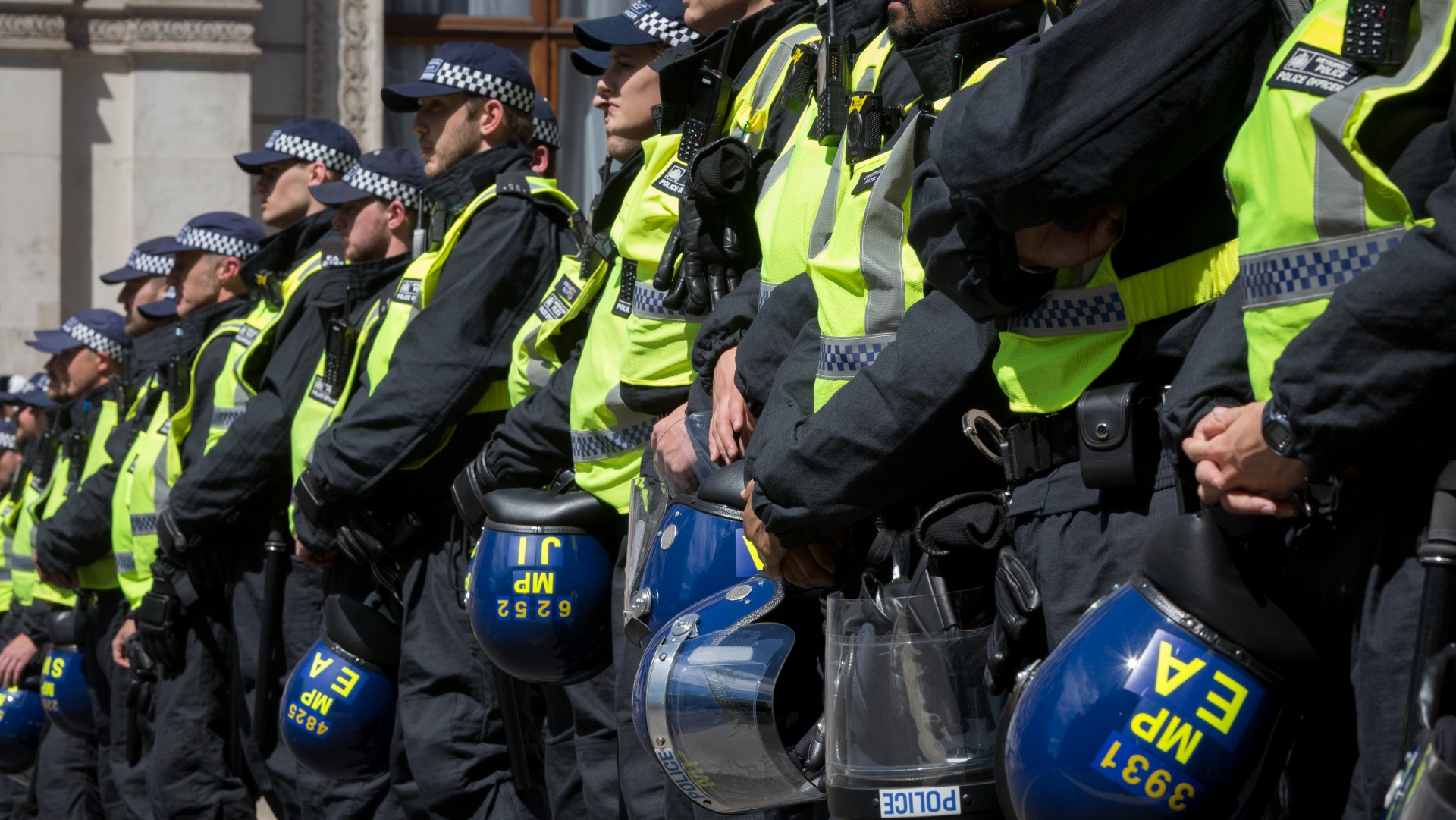
A free daily email with the biggest news stories of the day – and the best features from TheWeek.com
You are now subscribed
Your newsletter sign-up was successful
Calm has returned to Leicester, however temporarily, after a massive police operation was launched to quell unrest that has gripped the east of the city for three weeks.
Tensions between “mainly young men from sections of the Muslim and Hindu communities” erupted into what the BBC called “large-scale disorder” at the weekend, as hundreds of people in Covid masks and balaclavas took to the streets as part of an “unplanned protest”.
The Independent reported that police officers deployed to London for the Queen’s funeral on Monday were “diverted” to Leicester to deal with the “widespread disorder” that resulted in 16 officers and a police dog being injured, 47 people arrested and one jailed.
The Week
Escape your echo chamber. Get the facts behind the news, plus analysis from multiple perspectives.

Sign up for The Week's Free Newsletters
From our morning news briefing to a weekly Good News Newsletter, get the best of The Week delivered directly to your inbox.
From our morning news briefing to a weekly Good News Newsletter, get the best of The Week delivered directly to your inbox.
What did the papers say?
On Twitter the former Independent and Guardian journalist Sunny Hundal set out a timeline of events that culminated in the weekend’s arrests.
He said that tensions kicked off on 28 August after an Asia Cup cricket match between India and Pakistan in Dubai, when Indian fans converged on Leicester to shout “Pakistan Murdabad” (Death to Pakistan). What followed was a series of increasingly tense and violent confrontations between Hindu and Muslim gangs and individual extremists on both sides that played out on the streets and on social media.
Hundal said that tensions reached boiling point at the weekend after rumours began to circulate among Hindus and Muslims that their temples and mosques were being attacked. This led people from outside Leicester to travel to the city, further inflaming the situation.
“For the past few weeks Leicester has become a kind of mini-Kashmir in the middle of England,” said John Connolly in The Spectator, “a remarkable turn of events for a city which has long prided itself on being a functioning multicultural society, a place where Hindus and Muslims live alongside one another in relative harmony.”
A free daily email with the biggest news stories of the day – and the best features from TheWeek.com
The Mayor of Leicester, Sir Peter Soulsby told BBC Radio 4’s Today programme he was “baffled” by the events over the weekend but “even though the violence following the cricket match brought the tensions into the consciousness of the wider public”, said the Daily Mail, those working to calm the situation “say there are several complex factors at play which have given rise to the current unrest, which has involved a small minority of each community rather than the silent majority”.
“Some of the issues which give rise to the events at the weekend are undoubtedly international,” said the Leicester Mercury, citing Indian Prime Minister Narendra Modi’s nationalist rhetoric and increasingly harsh treatment of Muslim minorities. At the same time “there are also a number of more local factors to take into account, including the fact that migration is never static”. Leicester, “famed for its multicultural tolerance, still attracts new people from other countries”, the paper added.
Two other factors are the rise in disinformation and the after-effects of Covid, which hit Leicester particularly hard and “has seen cultural communities become more separated and widespread as a result”, said the paper.
What next?
The heavy police presence appears to have worked in suppressing the unrest for now, while community leaders in the city have joined police and politicians in calling for calm.
The mayor said it was important community leaders continued to try to de-escalate the situation but he acknowledged it was a challenge to get through to young people, with Leicester Mercury reporting: “Younger members of both communities tend not to have the same level of affinity with their respective religious leaders as those from older generations.”
Claudia Webbe, MP for Leicester East, joined the call for calm, writing on Twitter it was vital to “strengthen our dialogue to repair community relations”.
Yet these efforts have been further complicated as the story has taken an international dimension, with Indian news channels claiming that Muslims have been attacking Hindus en masse.
India Today reported one eyewitness to the “attack” on a Hindu temple, who warned of further escalation to other cities around the UK.
“At the moment it is happening predominantly in Leicester,” said Dishita Solanki, but “there are other cities that are being targeted, like Nottingham and Birmingham. I have relatives staying in a lot of cities. I have had messages from all of them that there are spots within other cities as well. So, scared is a bit of an understatement.”
It has led the Indian High Commission in London to issue a statement strongly condemning the violence against the Indian community in the city and demanding “immediate action against those involved in the attacks”.
-
 The Olympic timekeepers keeping the Games on track
The Olympic timekeepers keeping the Games on trackUnder the Radar Swiss watchmaking giant Omega has been at the finish line of every Olympic Games for nearly 100 years
-
 Will increasing tensions with Iran boil over into war?
Will increasing tensions with Iran boil over into war?Today’s Big Question President Donald Trump has recently been threatening the country
-
 Corruption: The spy sheikh and the president
Corruption: The spy sheikh and the presidentFeature Trump is at the center of another scandal
-
 Why have homicide rates reportedly plummeted in the last year?
Why have homicide rates reportedly plummeted in the last year?Today’s Big Question There could be more to the story than politics
-
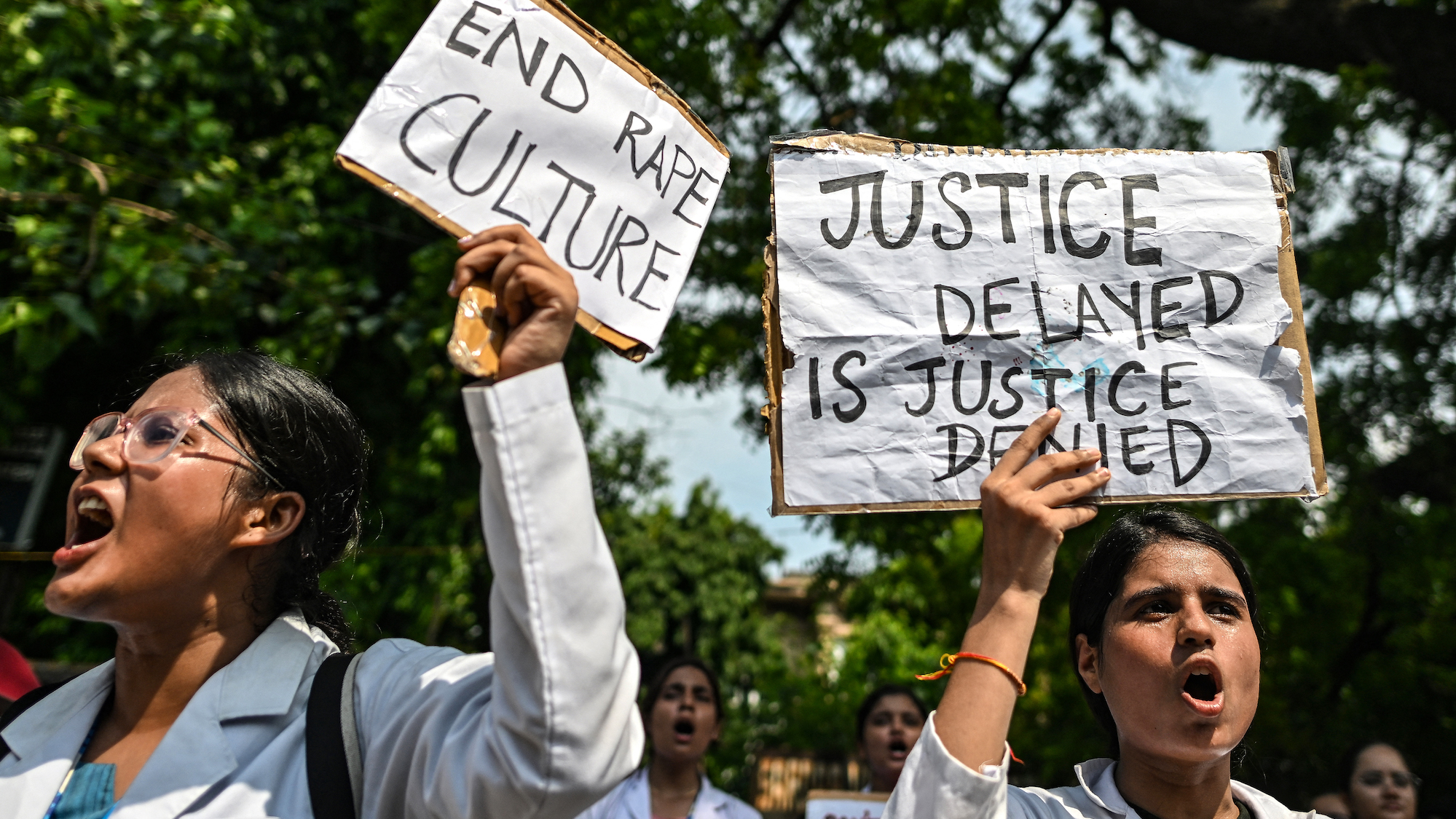 India doctors' strike: rape and murder of student triggers widespread protests
India doctors' strike: rape and murder of student triggers widespread protestsThe Explainer Nationwide outrage at a brutal attack on a female medical student raises familiar problems for country
-
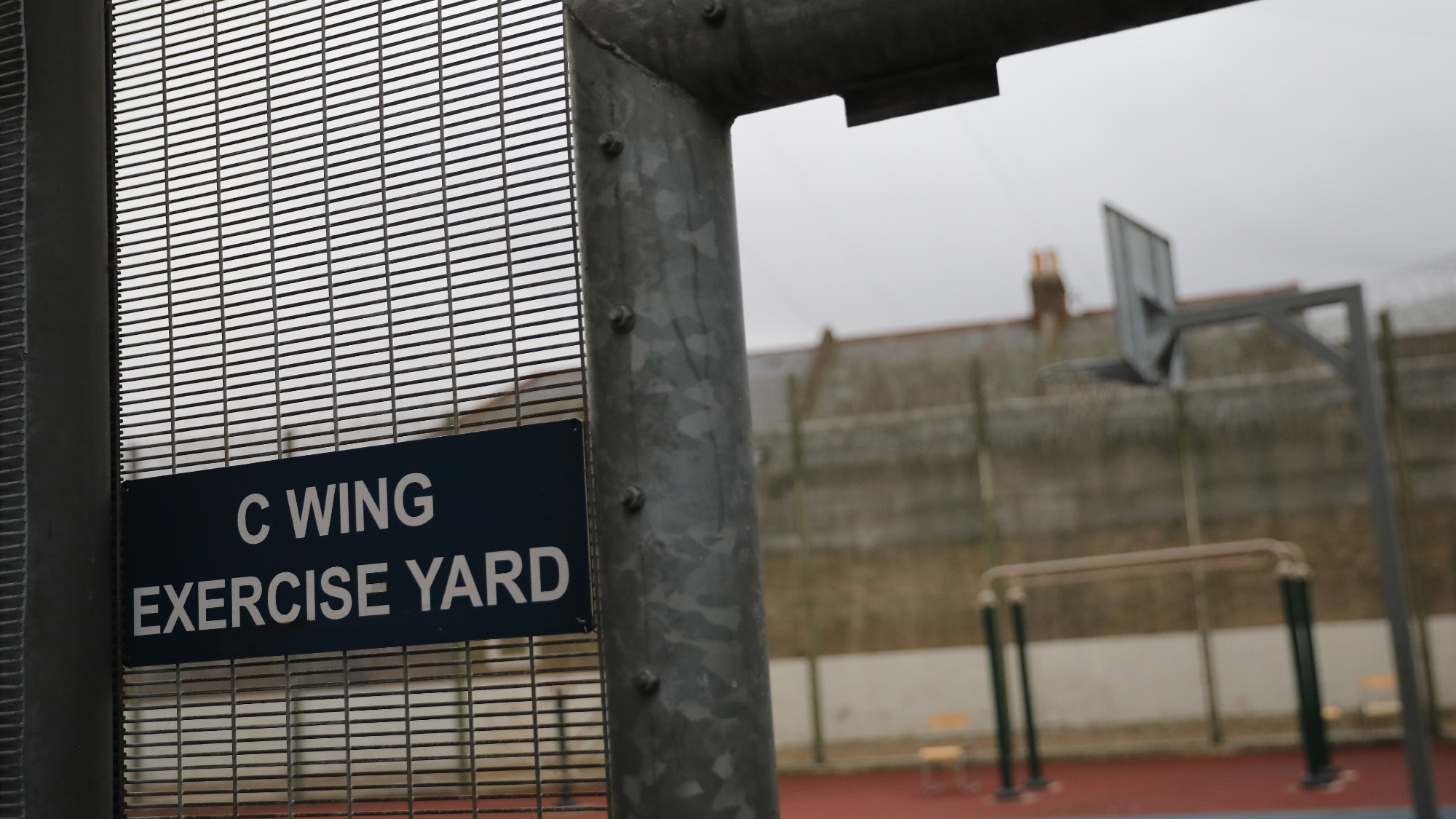 Can Starmer's plan solve the prisons crisis?
Can Starmer's plan solve the prisons crisis?Today's Big Question Releasing inmates early is 'least worst option' to tackle overcrowding, but critics say it puts public at risk
-
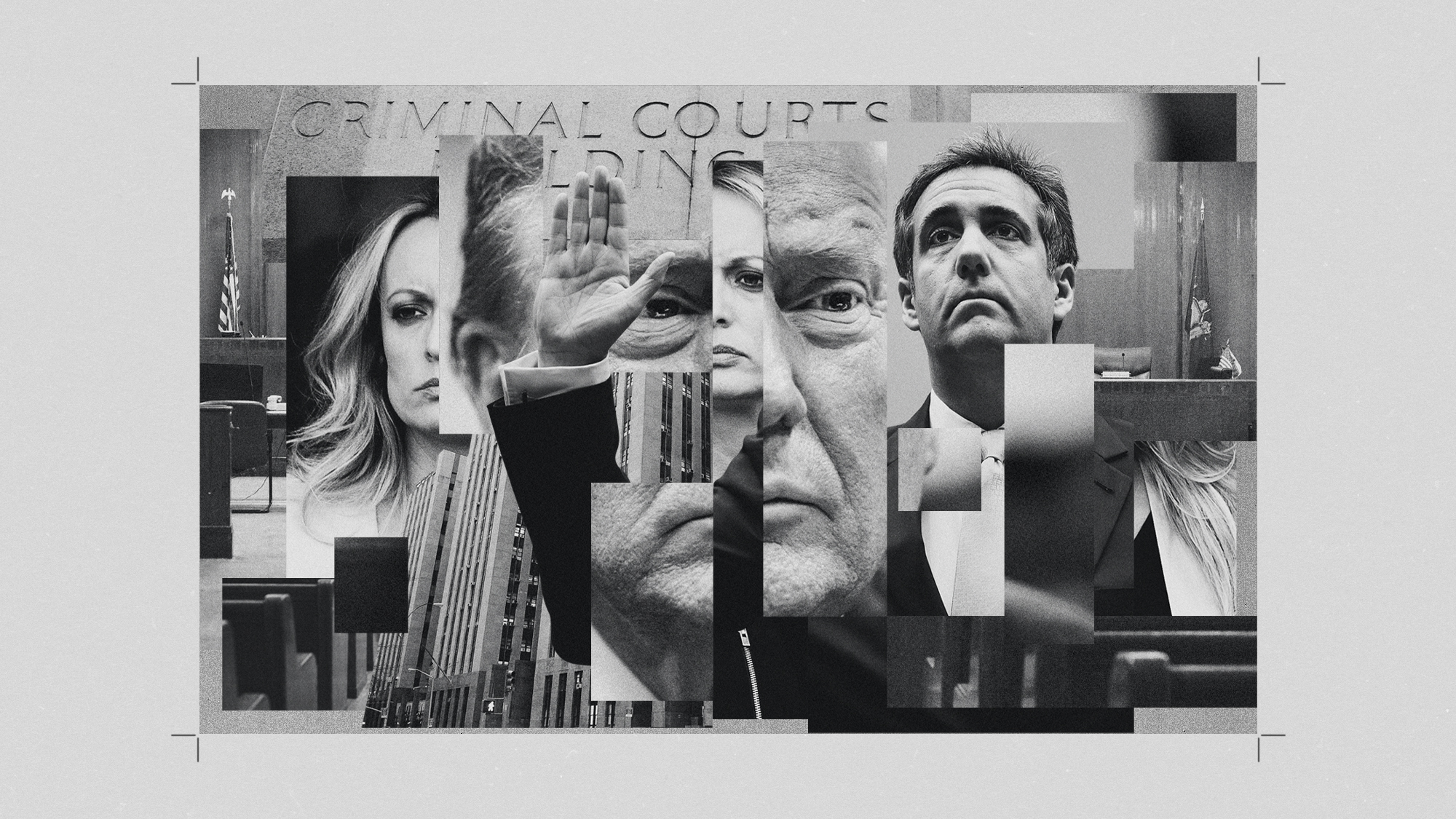 Trump hush money trial: what has the jury heard?
Trump hush money trial: what has the jury heard?Today's Big Question Former loyal fixer Michael Cohen proves star witness for prosecution, but Stormy Daniels's graphic testimony could offer grounds for appeal
-
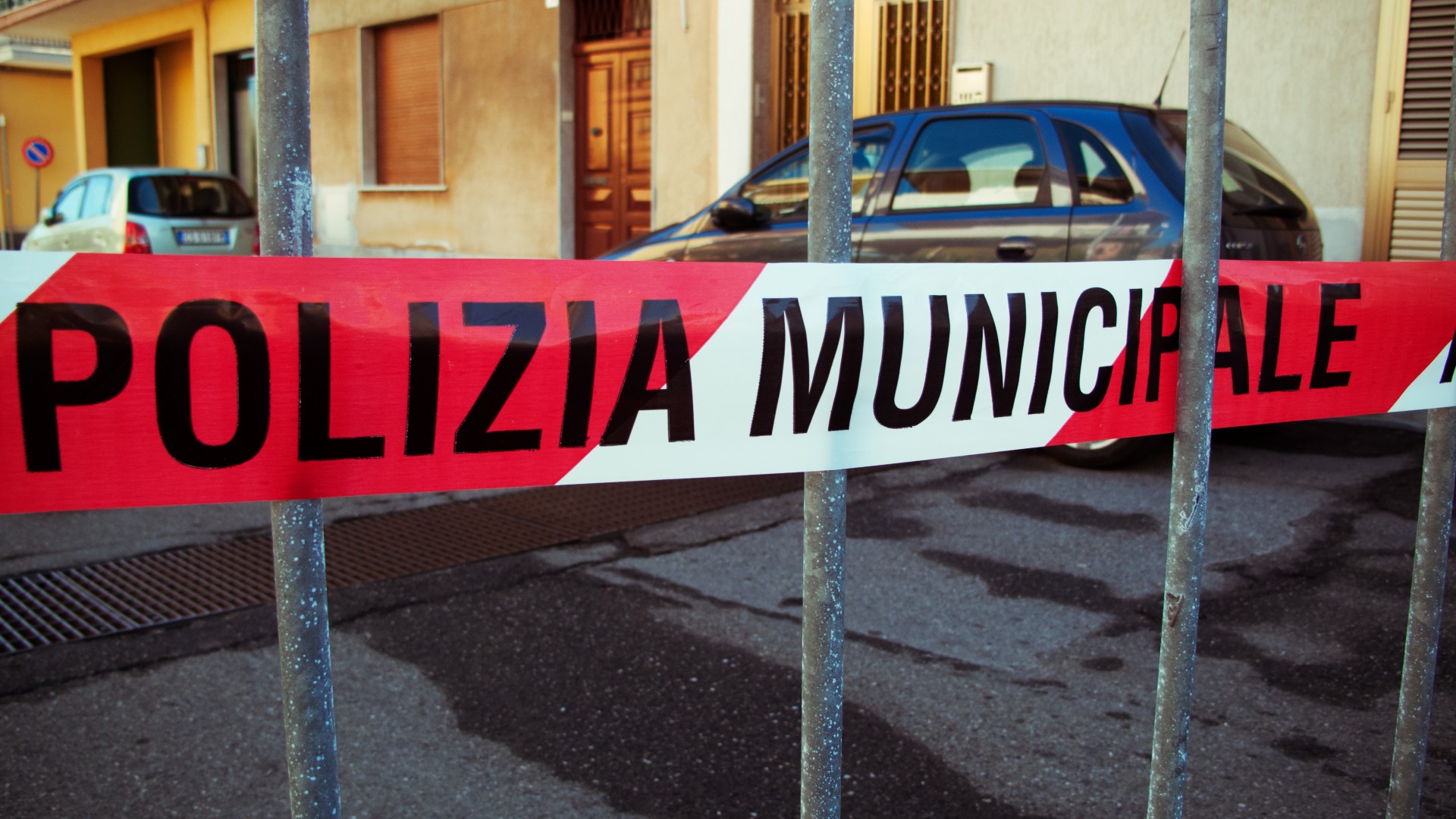 Italian mafia: why is murder and extortion going out of fashion?
Italian mafia: why is murder and extortion going out of fashion?Today's Big Question Move into tax evasion and money laundering means organised crime has 'not diminished but evolved', warns prosecutor
-
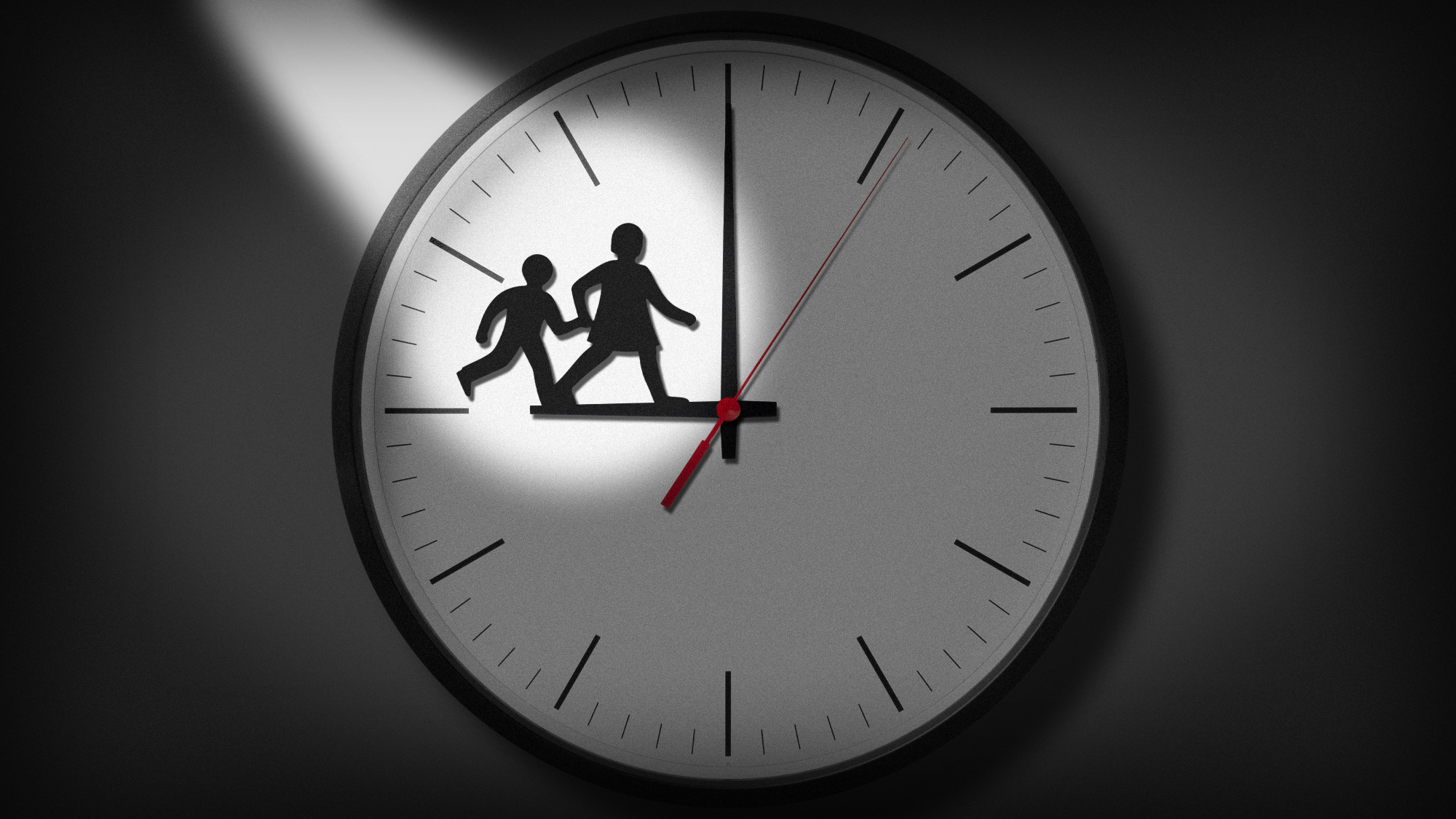 Do youth curfews work?
Do youth curfews work?Today's big question Banning unaccompanied children from towns and cities is popular with some voters but is contentious politically
-
 Is animal cruelty getting worse?
Is animal cruelty getting worse?Today's big question A new report has revealed a sickening trend of catapult animal killings shared on WhatsApp, and incidence of harming pets is rising
-
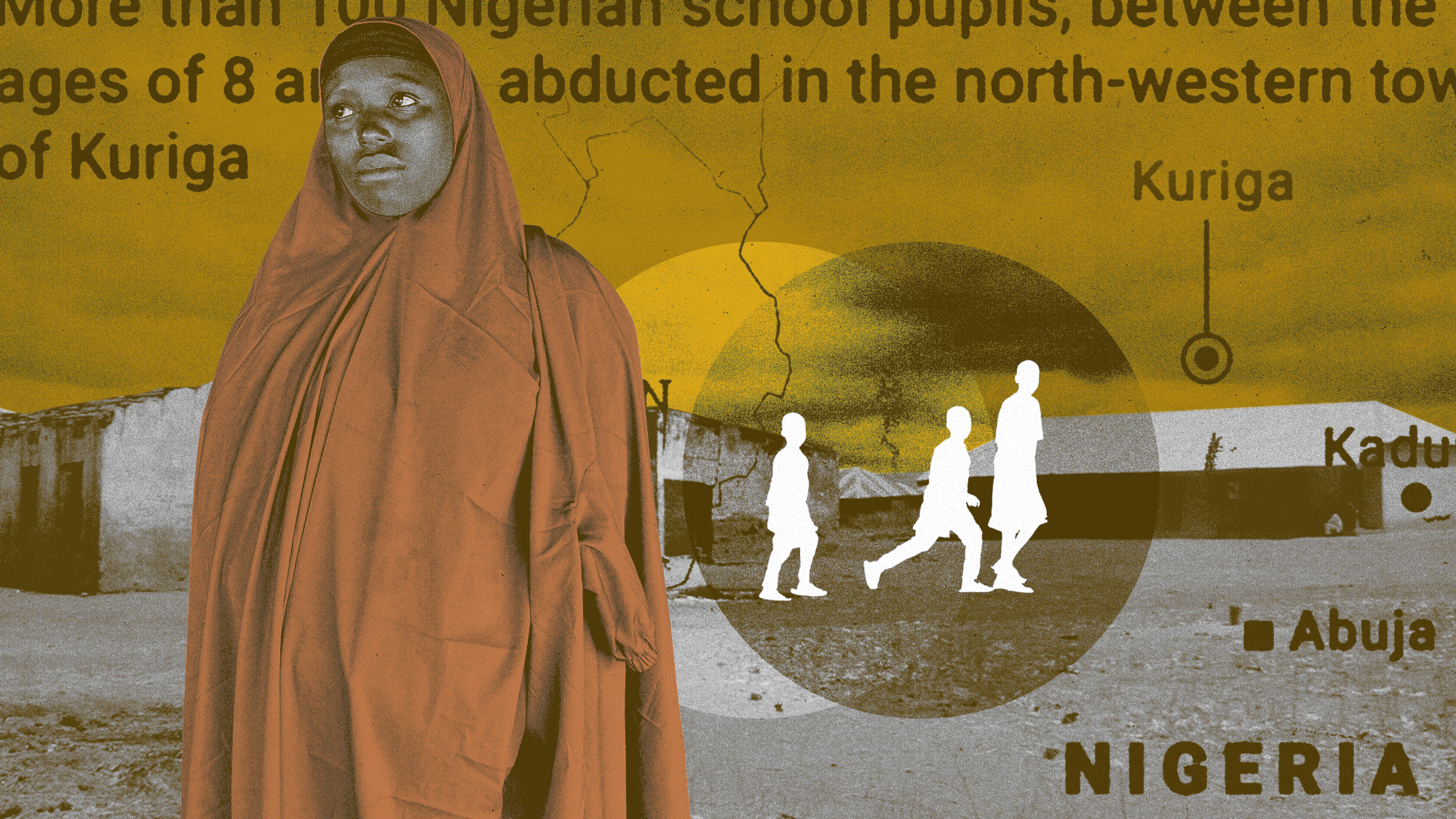 Why are kidnappings in Nigeria on the rise again?
Why are kidnappings in Nigeria on the rise again?Today's Big Question Hundreds of children and displaced people are missing as kidnap-for-ransom 'bandits' return